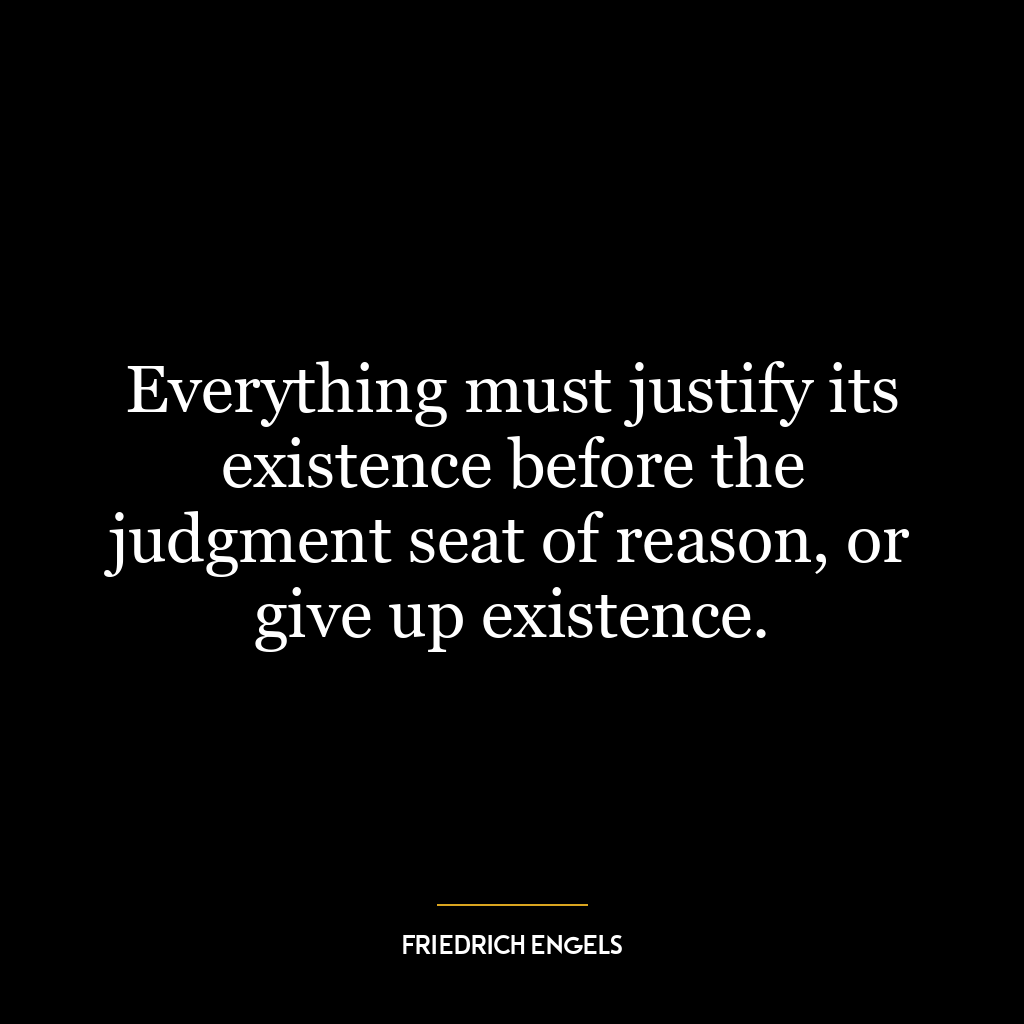If there ever was a time that nothing existed, then nothing would exist now
The quote “If there ever was a time that nothing existed, then nothing would exist now” by C.S. Lewis is a philosophical argument against the idea of absolute nothingness. It suggests that if there was truly a point in time when absolutely nothing existed, then it would be impossible for anything to exist now because something cannot come from absolutely nothing.
This statement challenges the concept of creation ex nihilo (out of nothing), an idea found in many religious and philosophical narratives about the origin of the universe. According to this quote, existence must have always been because if there were an actual moment where non-existence prevailed, then existence as we know it could not have emerged.
Applying this concept to personal development or today’s world can be quite insightful. For instance, in personal growth or self-improvement contexts, one might interpret this quote as implying that you cannot create change out of thin air; there must be some existing foundation or basis upon which to build and grow.
In other words, change doesn’t happen spontaneously; it requires effort and resources – whether they are tangible like money or time or intangible like motivation or willpower. This understanding can help individuals realize that meaningful growth and transformation require both acknowledging what currently exists (the present state) and working consistently towards what could be (the desired state).
Similarly applied on a broader scale such as societal changes or innovations in today’s world – new policies aren’t formed from vacuum nor groundbreaking technologies invented from scratch; they all emerge from pre-existing ideas, tools and circumstances.
Thus this concept encourages us to value our past experiences, current resources & circumstances – no matter how insignificant they may seem – as essential building blocks for creating future advancements & improvements.








